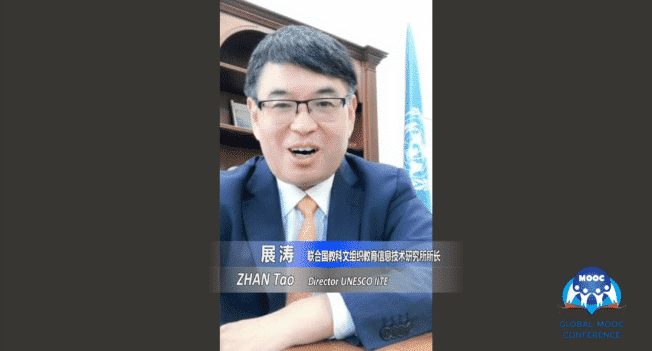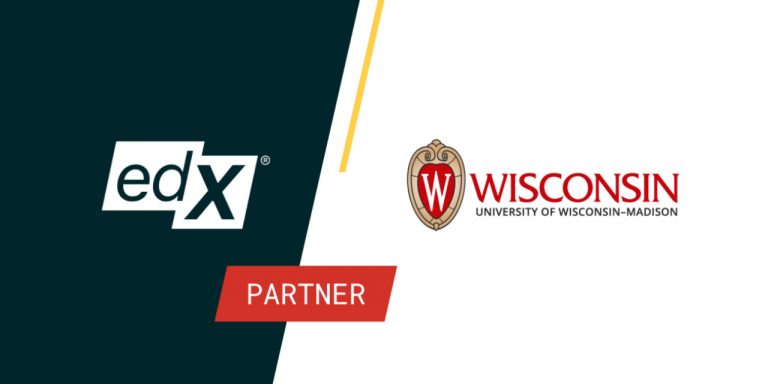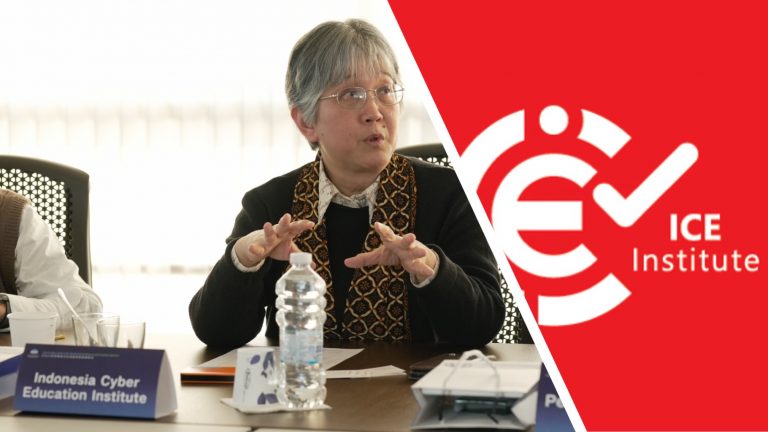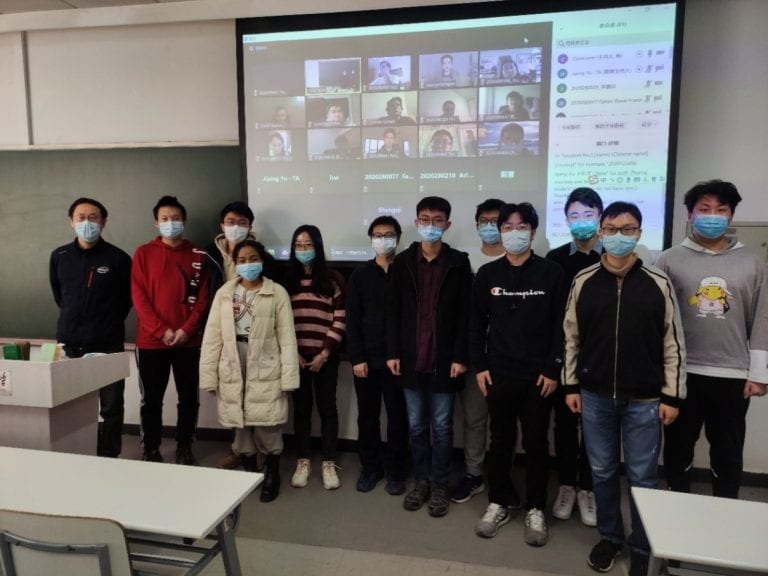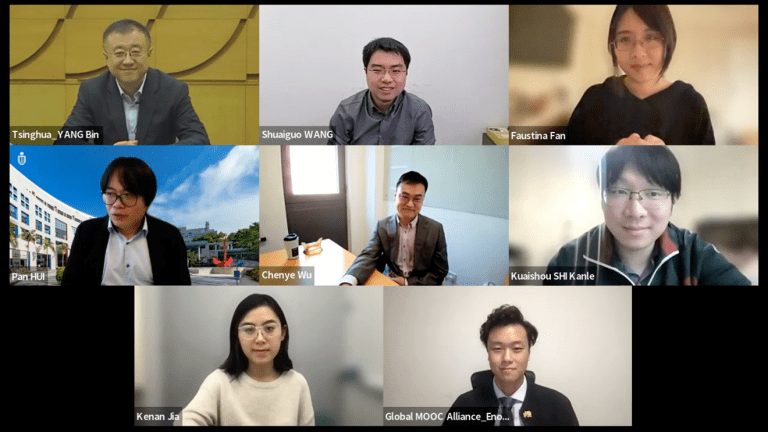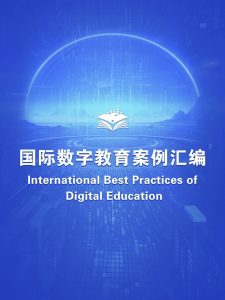
In the rapidly evolving landscape of global education, the 2024 World Digital Education Conference (WDEC) held in Shanghai has marked a significant milestone. Concluding its sessions on January 30–31, the conference unveiled the “International Best Practices of Digital Education,” a comprehensive compilation that promises to reshape the contours of digital education worldwide. Prepared under the auspices of the UNESCO Chair on Artificial Intelligence in Education at Beijing Normal University and guided by China’s National Commission for UNESCO, this document encapsulates 55 pioneering cases from 35 countries across five continents, showcasing exemplary digital education practices from the national to the school level.
This release comes at a critical juncture, as a new wave of scientific and technological revolution propels digital technology to the forefront, fundamentally altering societal structures and educational paradigms. The urgency to harness digital transformation in education as a strategic response to emerging challenges and opportunities has never been greater. The United Nations, recognizing this imperative, has prioritized digital education transformation as a cornerstone for global educational reform. In alignment, countries worldwide, including China, are spearheading initiatives to integrate digital advancements into educational systems, aiming to foster a more inclusive, resilient, and innovative educational landscape.
The “International Best Practices of Digital Education” report stands as a beacon for nations, educators, and policymakers, offering a rich tapestry of insights into fostering interconnected learning environments, promoting digital literacy, and ensuring equitable access to education for marginalized groups. It underscores the importance of application, sharing, innovation, and open collaboration in advancing digital education, aiming to bridge the gap between technological progress and its practical application in educational settings.
As GMA (Global MOOC and Online Education Alliance) mostly focuses on higher education, we will review and analyze related cases within this compilation, elucidating the transformative potential of digital education. By exploring these best practices, we aim to contribute to the ongoing dialogue on leveraging digital technology to enhance educational quality, accessibility, and sustainability, thereby moving closer to achieving the United Nations Sustainable Development Goals by 2030. Through this exploration, we invite educators, stakeholders, and the global community to join us in a collaborative effort to redefine the future of education in the digital age.
Part I: Build Interconnected Public Platform for Creating Smart Learning Environment
(coming soon)
Part II: Open and Share High-quality Resources for Narrowing the Digital Divide
(coming soon)
Part III: Promote the Deep Integration of Digital Technology and Education for Building New Educational Ecology
(coming soon)
Part IV: Innovate Educational and Teaching Methods for Promoting Digital Literacy for Teachers and Students
(coming soon)
Part V: Build Inclusive Digital Learning Systems for Strengthening Crisis Resilience
(coming soon)
Part VI: Safeguard the Right to Education for the Most Marginalized Groups for Ensuring the Inclusive Access to Digital Education
(coming soon)
Any thoughts or comments?
You can reach me at [email protected] or [email protected]. I look forward to continuing this exciting dialogue with you.
Enoch Wong,
OED (Online Education Dialogue) Host;
Senior Advisor of Global MOOC and Online Education Alliance (GMA)

